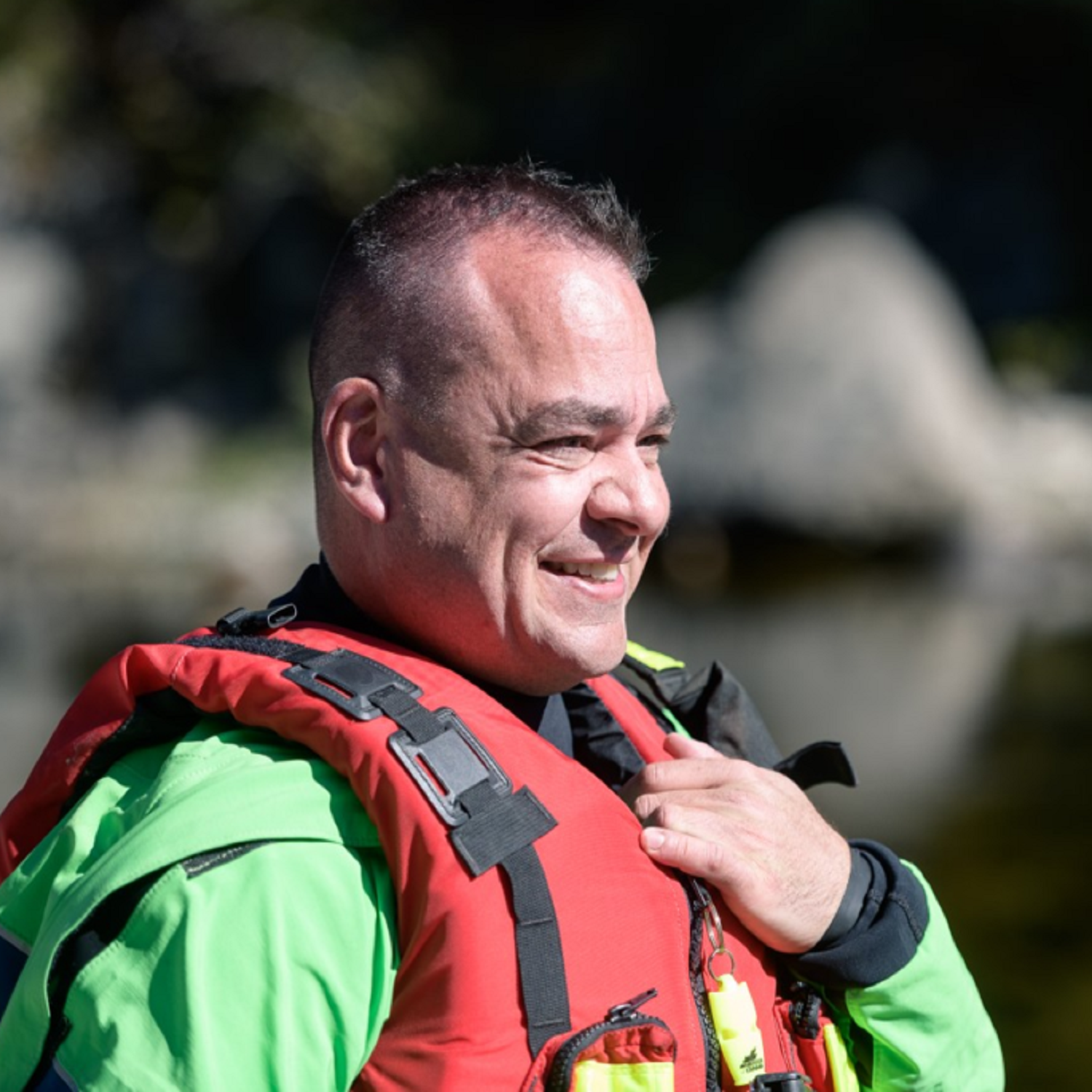THE INSTITUTE
The Canadian Rivers Institute (CRI) was founded in 2001 as a collaboration of researchers at the University of New Brunswick at both the Fredericton and Saint John campuses to develop the aquatic science needed to understand, protect, and sustain water resources for the region, nation, and the planet. Today, CRI has grown into a collaborative of hundreds of research associates, graduate students, and staff based at institutions across Canada and internationally working towards the vision of “making every river a healthy river."
Canadian Rivers Institute
Hosted since inception at the University of New Brunswick, CRI is composed of leading aquatic scientists from 17 national and international institutions.
OUR VISION
The Canadian River Institute’s vision is to make every river a healthy river. Defining exactly what characteristics constitute “healthy” however remains to be a significant scientific challenge. For this reason, the Canadian Rivers Institute continues to work in collaboration with partner institutions, governments, and non-governmental organizations to develop a broad science-based framework for assessing the health of river ecosystems. Our approach to assessing river health is carried out through the development of core metrics broadly derived from measures of water quality, water flow, and biota. By improving our ability to measure these features of river systems, we move closer to an understanding of what conditions or thresholds must be met for a river to be classified as healthy.
Our Mission
To achieve our vision, the CRI operates in accordance with the following mandate:
to achieve outstanding river science and to deliver collaborative, multi-disciplinary research, education, and outreach serving the needs of society at home and internationally.
OUR APPROACH
CRI Fellows and their networks of research associates, graduate students, and staff support governments, businesses, and communities in making smart, evidence-based decisions through high-impact research. Their work focuses on protecting and improving the health of rivers by conducting innovative science and translating it into the knowledge needed to create a paradigm shift in river management, by:
Understanding how changes in water flow affect biological processes;
Developing indicators that best measure biological and water quality changes in river systems; and
Advancing monitoring practices to improve how aquatic ecosystems affected by human activities are managed



